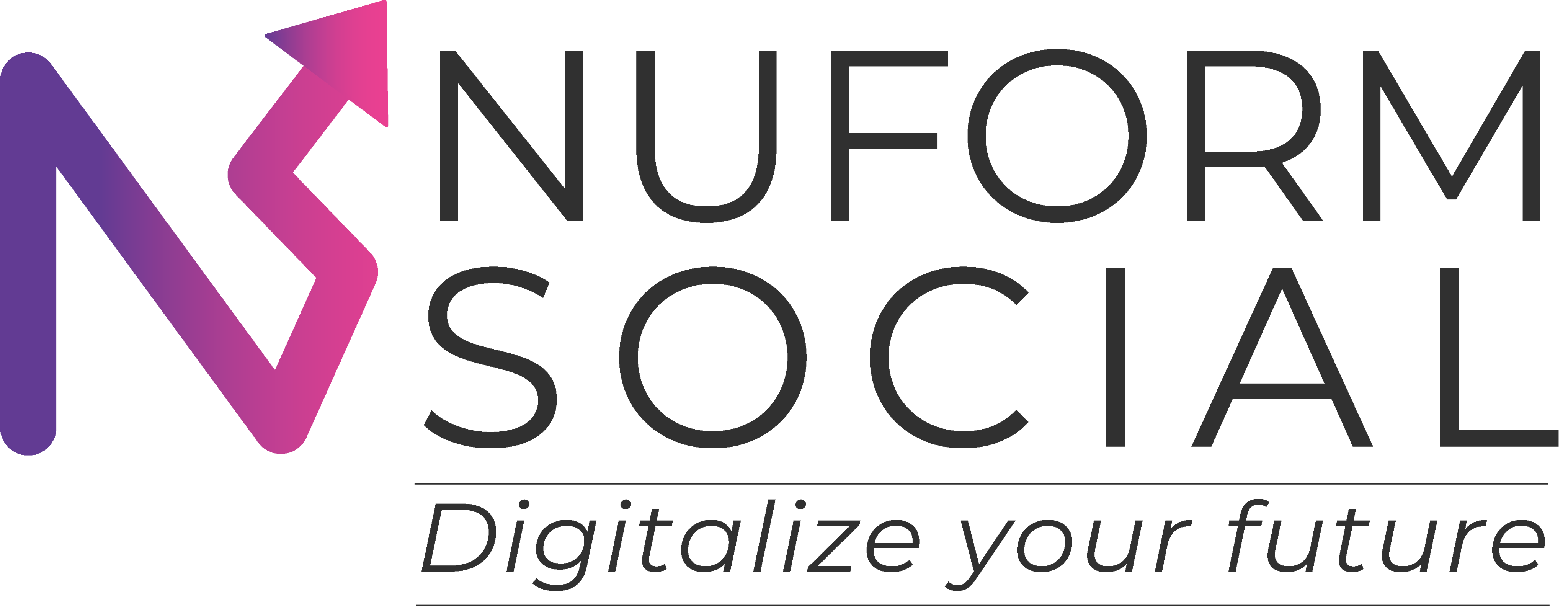The Ultimate Guide to Search Queries in SEO & PPC (2025 Edition)
Introduction
In the evolving digital landscape of 2025, understanding your audience is more than just identifying demographics—it’s about knowing how they search. One of the most overlooked but powerful tools in the marketer’s toolkit is the search query.
A search query is the exact word or phrase a user enters into a search engine. It’s the front door to your website—and if you can align your content with the way your audience searches, you’re one step closer to higher rankings, better click-through rates, and more conversions.
This blog explores what search queries are, how they differ from keywords, how to identify search intent, and how to create content that aligns with your audience’s true needs. Whether you’re doing SEO or PPC, this is your complete guide.
What Is a Search Query?
A search query is the specific string of words that a user types (or speaks) into a search engine like Google, Bing, or DuckDuckGo to find information.
Users submit queries in various ways:
- Typed input via search bars
- Spoken input via smart assistants like Google Assistant, Alexa, or Siri
Search engines use sophisticated algorithms to interpret these queries and match them with the most relevant results on the Search Engine Results Page (SERP). These results can include organic listings, paid ads, rich snippets, and more.
Understanding the types of queries users make allows businesses to create more relevant content that answers real questions, solves real problems, and connects with real people.
Search Queries vs. Keywords
Although often used interchangeably, search queries and keywords are not the same.
- Search Queries are the exact phrases users type or speak.
- Keywords are strategic terms marketers target based on those queries.
For example:
- Query: “What’s the best cat litter box for a Maine Coon?”
- Keyword: “best cat litter box”
By analyzing queries, marketers can extract keywords and better understand what the user is really looking for. This helps create content that is both optimized for SEO and genuinely helpful to users.
The Power of Search Intent Behind Queries
Search intent is the “why” behind a search query. It explains what the user wants to accomplish. Understanding intent ensures that your content or ad meets the user’s expectations.
For instance:
- Searching “how to unclog a sink” shows informational intent
- Searching “best plumbers near me” shows transactional intent
Optimizing for intent instead of just keywords helps improve:
- Content relevance
- Bounce rate
- Conversion rate
- SEO and ad performance
The Four Main Types of Search Queries and How to Target Them
A. Informational Search Queries
These are used when the user wants to learn something. They often include:
- “How to…”
- “Why does…”
- “What is…”
Examples:
- “Why does my dog eat grass?”
- “How to change a car tire”
Best content formats:
- Blog posts
- Tutorials
- Videos
- FAQs
Tip: Use headings that match common questions and provide clear, concise answers.
B. Navigational Search Queries
These occur when users are looking for a specific website or brand. They know what they want but may not know the exact URL.
Examples:
- “Nike official site”
- “Starbucks near me”
Content to optimize:
- Homepage
- About pages
- Brand landing pages
Tip: Ensure your site ranks well for your brand name (and common misspellings) and use internal linking to guide users.
C. Commercial Search Queries
These happen when a user is researching a product or service before making a decision. The intent is to compare, not purchase immediately.
Examples:
- “Top solar panel brands”
- “Best laptops under $1000”
Content formats:
- Product comparison pages
- Case studies
- Expert roundups
- Testimonials
Tip: Include pricing, features, pros and cons, and real user reviews to help users make informed decisions.
D. Transactional Search Queries
These show strong buying intent. The user is ready to make a purchase or take action.
Examples:
- “Buy red sneakers size 9”
- “Book dentist appointment online”
Best content types:
- Product pages
- Contact or booking forms
- Checkout pages
Tip: Add schema markup (e.g., Product, Reviews, LocalBusiness) to increase the chances of appearing in rich results.
Real-Life Examples of Search Queries
Let’s take the keyword “cat litter box”. It’s vague and high competition. Now compare it with specific queries:
- “Top-entry cat litter box for small apartments”
- “Odor-free litter boxes for Maine Coons”
- “Modern litter box for minimalist homes”
Each one shows a unique user intent. Creating tailored content for each query leads to better engagement and more conversions.
How to Discover Valuable Search Queries
A. Use Google Search Console
- Go to Performance → Search Results → Queries
- View which queries your site ranks for
- Sort by impressions, clicks, CTR, or position
This helps you identify:
- High-performing queries
- Missed opportunities (high impressions, low clicks)
- Emerging trends
B. Use Free Tools and Methods
- Google Trends: Explore search volume over time and by region
- Autocomplete Suggestions: Type your seed keyword into Google and note down the autosuggestions
- People Also Ask (PAA): Use questions listed on the SERPs as inspiration for content
- Competitor SERPs: Analyze what queries other ranking pages are targeting
These free methods can help you develop query-driven content without the need for expensive tools.
Optimizing Content for Search Queries
A. Match Content Format to Query Type
- Informational queries → blog posts, tutorials
- Commercial queries → comparison pages, product reviews
- Transactional queries → product pages, booking tools
- Navigational queries → branded landing pages
B. On-Page SEO Tips
- Use the query naturally in the title tag
- Include it in the meta description to increase CTR
- Place it in the URL if possible
- Incorporate it in headings (H1, H2) and throughout the body text
Bonus: Add FAQs to cover additional related questions and support long-tail queries.
How Search Queries Influence SEO Performance
Search engines aim to serve the most relevant and trustworthy result for every query. If your content:
- Matches user intent
- Uses natural language
- Answers related sub-questions
…it’s more likely to rank higher.
Also, search engines increasingly reward content that demonstrates Experience, Expertise, Authoritativeness, and Trustworthiness (E-E-A-T). Aligning content with user queries helps establish all four.
How Search Queries Influence PPC Campaigns
A. Search Terms Report in Google Ads
- Go to Campaigns → Insights and Reports → Search Terms
- View the exact queries that triggered your ads
- Analyze performance metrics like CTR, conversions, and cost
B. PPC Optimization Using Queries
- Add high-performing queries as exact match keywords
- Use negative keywords to block irrelevant queries
- Write ad copy that reflects user language and intent
- Segment ad groups by query types (e.g., one group for informational, another for transactional)
Aligning your PPC strategy with real user queries improves Quality Score, lowers cost per click (CPC), and boosts ad relevance.
Common Mistakes to Avoid
- Ignoring long-tail queries: These may have lower volume but higher intent.
- Focusing only on high-volume keywords: These are competitive and often lack clear intent.
- Not optimizing for mobile/voice: Voice queries are often longer and more conversational.
- Failing to update content: Search trends evolve. So should your content.
Final Checklist: Using Search Queries Strategically
✅ Identify query types (informational, navigational, commercial, transactional)
✅ Match each content piece with one clear intent
✅ Monitor top queries in Google Search Console regularly
✅ Use FAQs and natural phrasing for long-tail queries
✅ Adjust PPC and SEO strategies based on actual query performance
Frequently Asked Questions (FAQs)
1. What’s the difference between a keyword and a search query?
A keyword is a target term used by marketers; a search query is what the user actually types or speaks.
2. How can I find out what people are searching for?
Use Google Search Console, Google Trends, autocomplete, and People Also Ask boxes.
3. Which type of search query has the highest conversion rate?
Transactional queries usually lead to the highest conversions.
4. Do voice searches count as search queries?
Yes, voice searches are search queries—often longer and more conversational.
5. Should I write different content for each query type?
Yes. Different intents require different formats. A blog won’t satisfy a transactional query.
Conclusion
In today’s competitive SEO and PPC landscape, mastering search queries is no longer optional—it’s essential. By understanding how users search, what their intent is, and how to align your content accordingly, you can attract the right visitors, reduce bounce rates, and increase conversions.
Start by listening to how your audience speaks through search. Then respond with content and campaigns that reflect exactly what they’re looking for.
When you align your strategy with real user intent, you don’t just rank higher—you resonate deeper.






